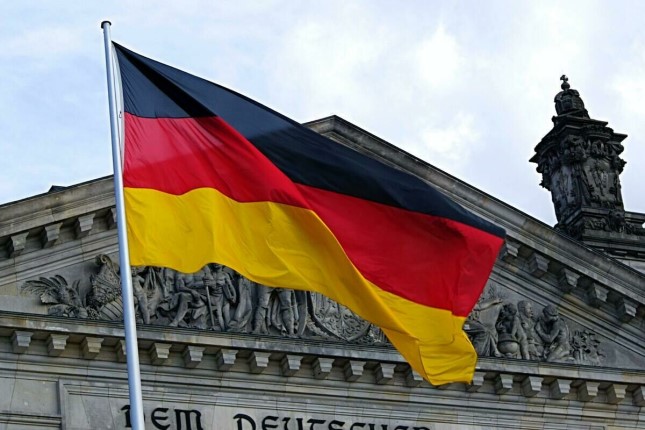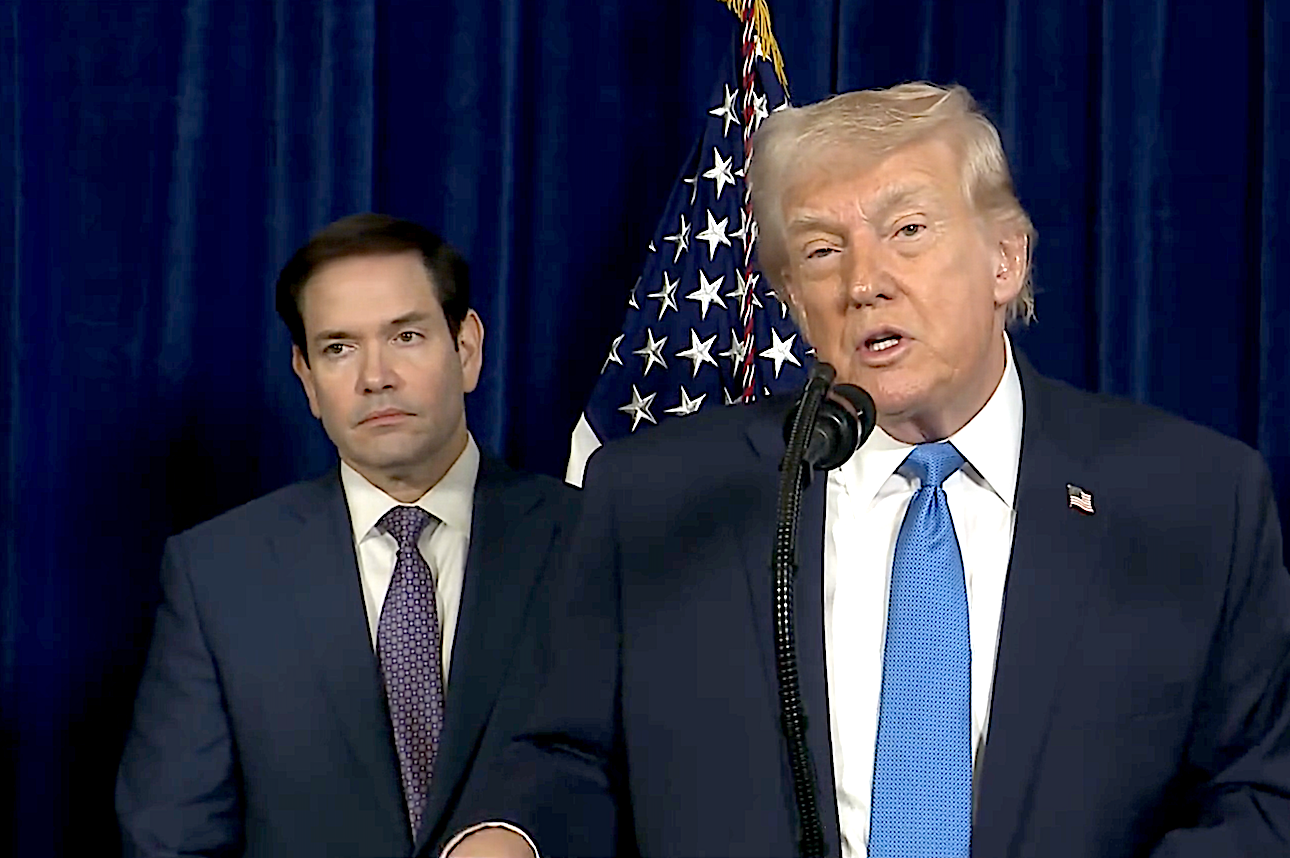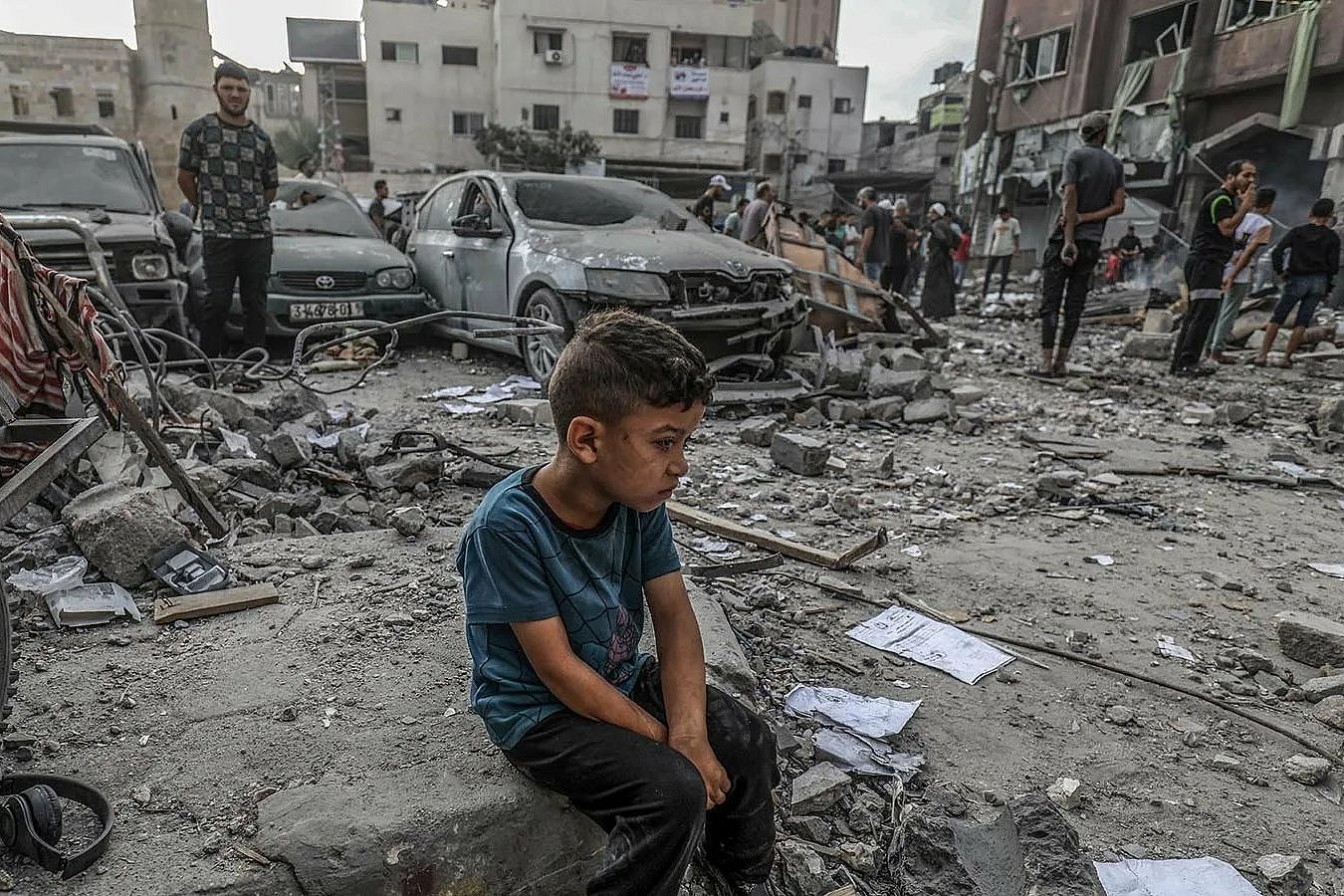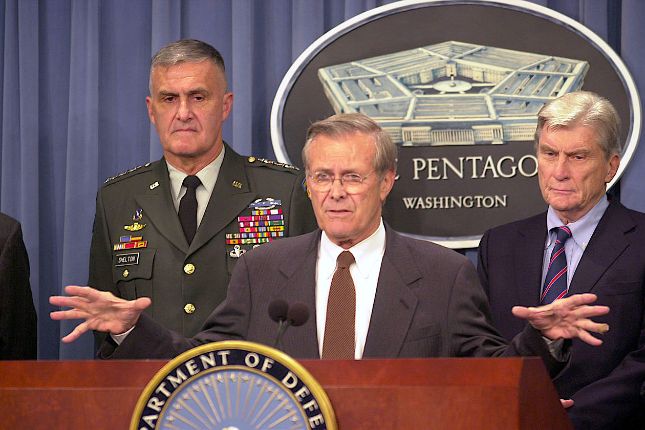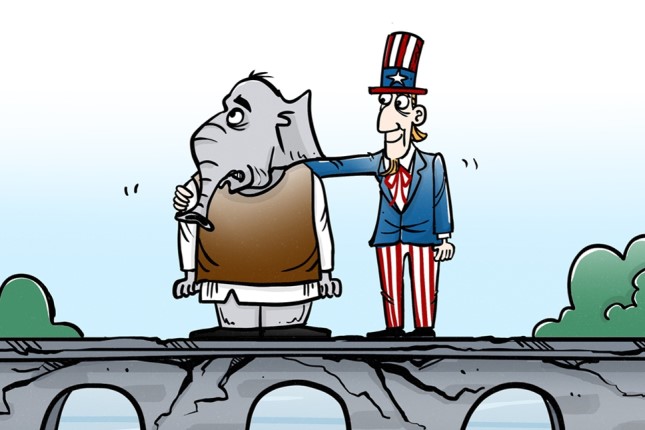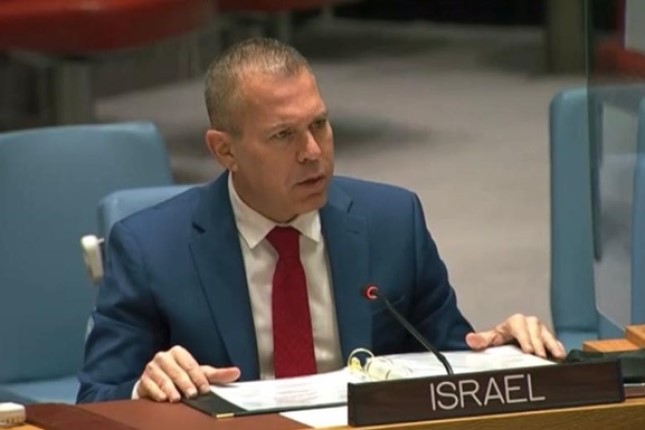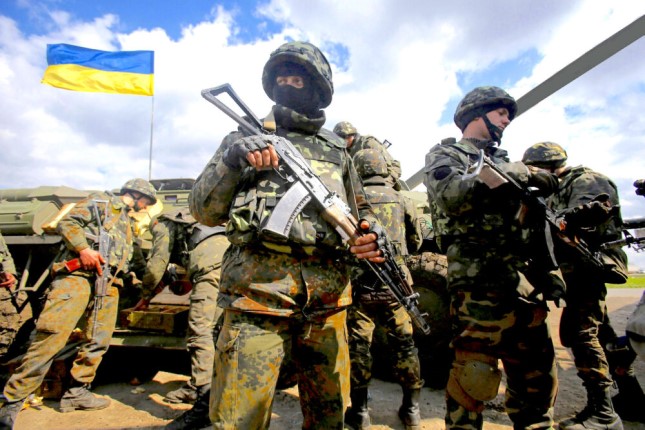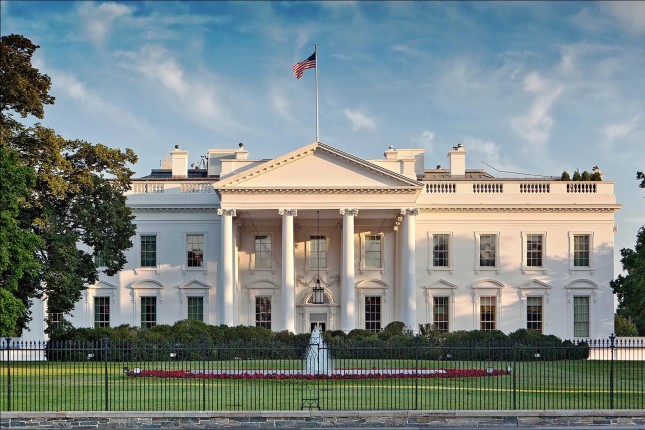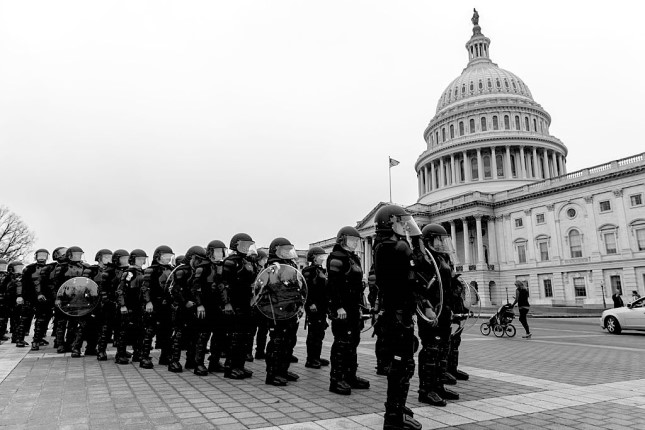On Friday, the upper house of the German parliament discussed the 2024 budget, which includes the biggest military budget since World War II and huge cuts in every social sector. It is a far-reaching attack on the working class—including teachers, carers and other public sector workers, children, the sick, those in need of care and refugees. It is the most blatant austerity budget in the history of the Federal Republic of Germany.
Yet the government and the opposition have not even named the true extent of the cuts. The nominal cuts of 6.4 percent or €30.5 billion, which are horrendous in themselves, do not take into account core inflation of 6.1 percent. If this is included, the overall cut in the budget is 11.8 percent.
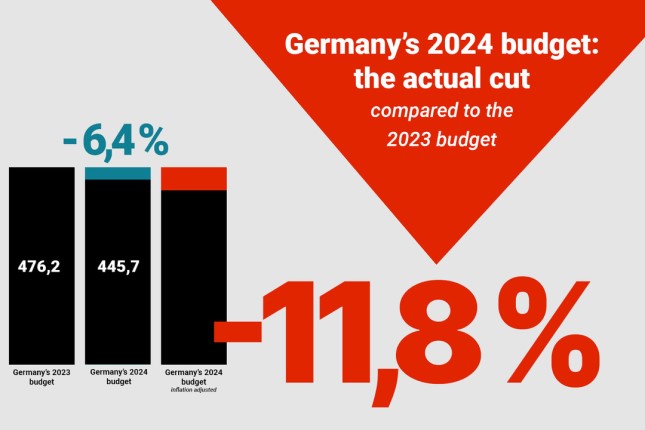
These cuts are not simply for budget consolidation. They are intended to claw back the hundreds of billions that have been thrown down the throats of the banks and corporations in recent years. Above all, however, arms spending is being massively increased, and every area of social life is being subordinated to war policy.
While cuts are being made rigorously in almost all departments, military spending is increasing rapidly. With the planned €51.8 billion, the defence budget takes up almost 20 percent of the entire federal budget for 2024.
But that is by no means all. In addition to the reported €51.8 billion, there are €19.2 billion from the Bundeswehr (armed forces) “special fund,” as well as billions more hidden in other budgets, such as expenditure for UN missions, Germany’s share in various EU armament expenditures such as the promised arms deliveries to Ukraine, which alone amounted to €17.1 billion from January 24, 2022 to July 31, 2023.
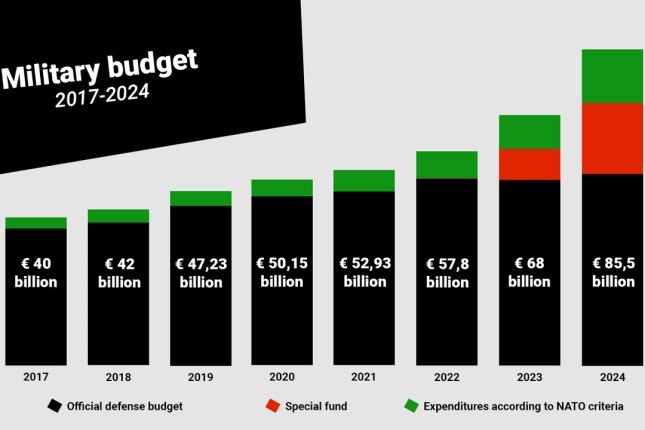
Yet military spending has not only been rising since the Ukraine war. Just as the Bundeswehr “special fund” had been discussed long before the Russian invasion, the arms budget has also been continually raised for years. In order to be able to enforce German economic interests all over the world with tanks and bombers, all social sectors are literally being plundered.
The health budget is being almost completely slashed. From €64.4 billion in 2022 to €24.5 billion in the current year and finally down to €16.2 billion next year. This cut is the result of the “profits before lives” policy: the government has almost completely cut the funds for monitoring and fighting COVID-19, even though the pandemic is currently spreading rapidly again in ever new variants. Moreover, hardly any resources are being made available for research and cures for Long COVID, although hundreds of thousands are suffering from it.
The massively shrunken health budget not only endangers the health of the population but is also a slap in the face of the nurses who have borne the burden of the pandemic and went on strike for months for better working conditions and higher wages and were then rewarded with cuts in real wages. Now health is being cut further.
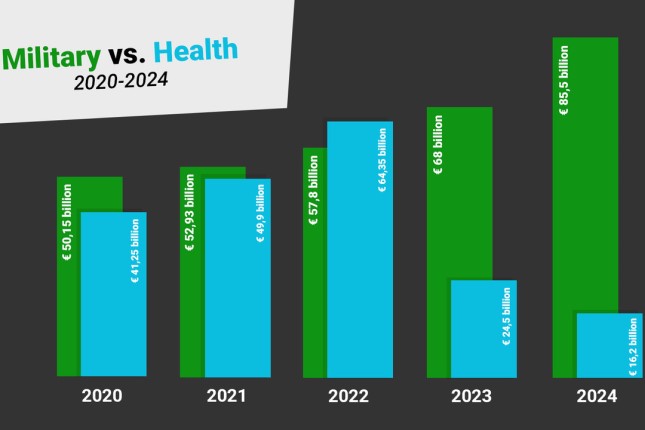
The federal subsidy for long-term care (previously €1 billion) is being cut and will have to be financed by workers paying higher contributions in future. This is a particular burden on low-income earners, who already have to pay a considerable part of their income for social benefits and are hit hardest by inflation.
The basic child allowance, which was supposed to help children in need participate at least somewhat in education and society, is being brutally cut. Originally planned at €12 billion for 2025, only €2.4 billion are now earmarked. This hits the weakest in society who are dependent on support, especially in a country where a quarter of children and young people are at risk of poverty or social exclusion.
Money for jobseekers and the long-term unemployed will also be reduced, as will the budget for housing and urban development, despite a dramatic housing shortage. The education budget will also be cut, further limiting the educational opportunities of working class children and driving ailing education systems into collapse.
To pay off the national debt, the government is also drawing on a reserve it had been building up since 2015 for asylum policy. While all parties are agitating xenophobically and ranting about upper limits for refugees, the municipalities are systematically deprived of money, provoking problems with accommodation and care. This is then used to justify the inhumane policy of Fortress Europe.
Drastic cuts are also planned in the transport budget, especially for investments in the railway network and freight transport. Instead of the urgently needed €45 billion, the railways will receive less than half that amount, which poses a sustained threat to the restoration of the rail network. A measure that makes it more than clear that even the talk of environmental and climate protection is nothing but wastepaper. Money only flows to the rich and into armaments.
In comparison: the ministries of Education (€20.3 billion), Health (€16.8 billion), Development (€11.5 billion), Economy & Climate (€10.9 billion), Housing (€6.9 billion), Foreign Affairs (€6.1 billion) and Environment (€2.4 billion) together will receive €74.9 billion less than the military budget. The cuts are substantial everywhere.
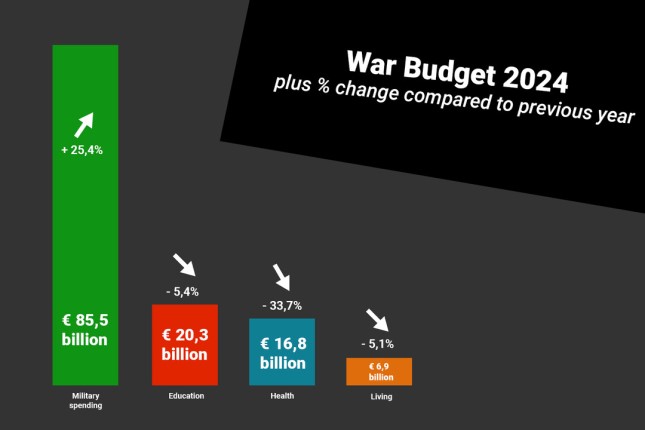
Large parts of the cuts result from the fact that public employees’ salaries and pensions are not being adjusted to the increased cost of living. For example, in the April wage settlement, federal government employees faced a pay freeze for this year. The increase that will come in 2024, at 5 to 10 percent annually, does not even begin to compensate for the real increase in prices. In this way, armaments and the billions in gifts to the rich are to be financed directly through cuts to the workers.
This is because the Consumer Price Index (CPI) has risen by 17.5 percent between January 2020 and August 2023. The index measures the average price rise of all goods and services that private households buy for consumption purposes. But the two most relevant items for working households are far above average. Food is on average 30.7 percent more expensive and energy costs have risen by as much as 53.5 percent. Fuels such as diesel and gasoline are also about 50 percent more expensive than in 2020.
In this way, billions of euros are diverted from ordinary workers to the state budget, which is then used to enrich the wealthy and put the horrendous rearmament into action. The same aggressiveness with which the federal government is fuelling the proxy war against Russia is evident in the budget cuts. Therefore, the struggle against social cuts and wage reductions must be linked to the struggle against war.
Source: World Socialist Web Site.
